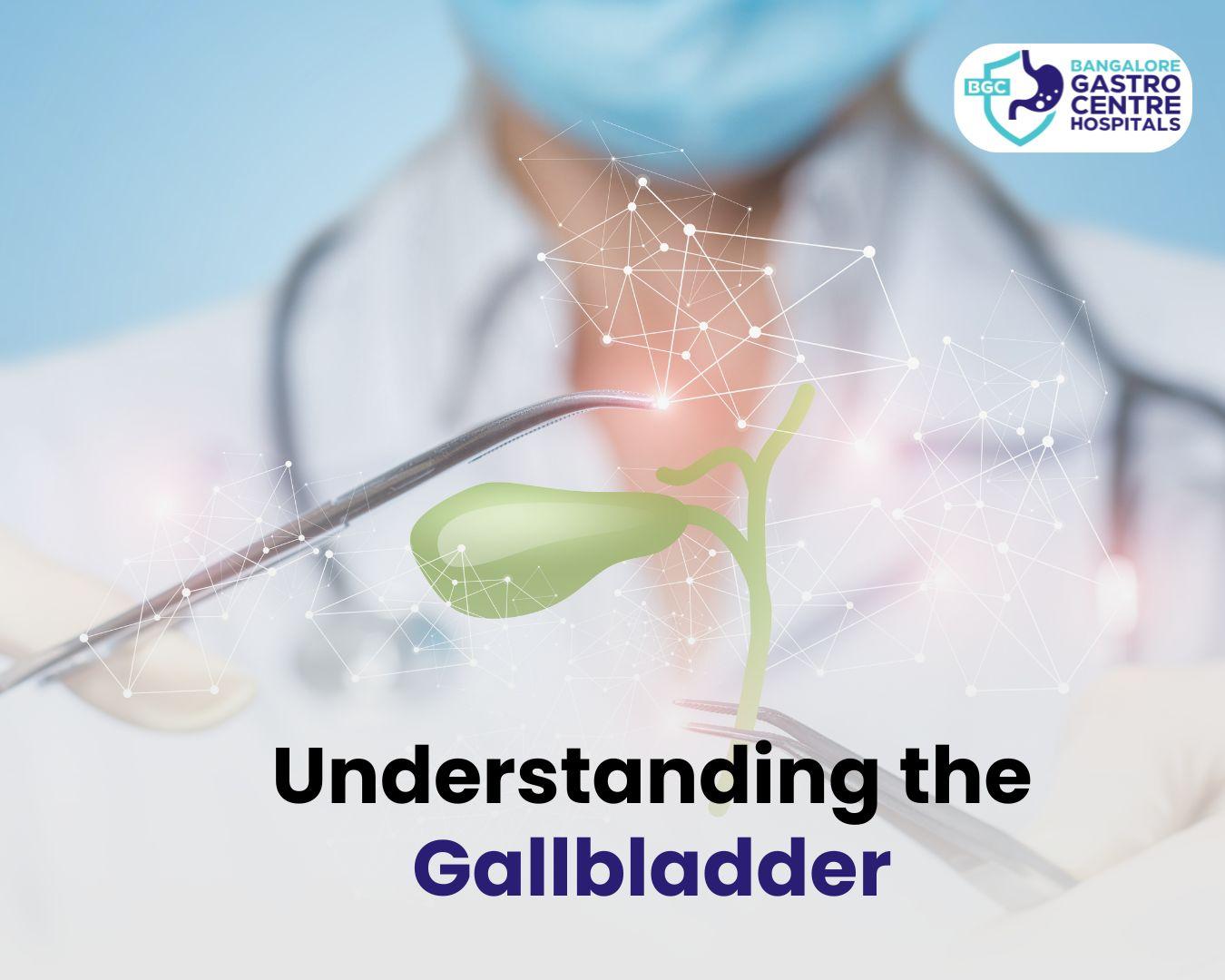
How Gallbladder Removal Affects Digestion: Insights from Gastroenterology Experts
The gallbladder is a small but essential organ tucked beneath your liver, playing a critical role in digesting fats by storing bile. When gallstones develop—a condition affecting nearly 10% of the population, especially in women over 40 with risk factors such as obesity, multiple pregnancies, or hormonal treatments—the option of gallbladder removal often arises. This blog explores the impact of gallbladder removal on digestion, explains how gallstones form, and provides expert advice on managing digestive health post-surgery.
Understanding the Gallbladder and Its Role in Digestion
The gallbladder is a small sac-like organ located in the upper right section of your abdomen, just under the liver. Its primary function is to store bile produced by the liver. Bile is then released into the small intestine to help break down fats, facilitating smooth digestion. When the gallbladder is removed—a procedure medically known as cholecystectomy—the natural storage and regulated release of bile are altered, which can have subsequent effects on digestion.
What Are Gallstones and How Do They Form?
Gallstones are solid deposits that form within the gallbladder, typically as a result of imbalances in the substances that make up bile. High levels of cholesterol or bilirubin, often influenced by factors such as high-fat diets or genetic predispositions, contribute to gallstone formation. Additional risk factors include:
- Hormonal Influences: Elevated estrogen and progesterone levels can increase cholesterol concentration in bile while simultaneously relaxing the gallbladder muscles, contributing to the development of gallstones.
- Pregnancy and Obesity: Multiple pregnancies and obesity are associated with increased risk, possibly due to hormonal changes and metabolic factors.
- Family History: A family history of gallstones may predispose individuals to similar issues.
Understanding these risk factors is crucial, as they not only lead to gallstone formation but can also influence decisions regarding treatment, including whether to opt for gallbladder removal.
Impact of Gallbladder Removal on Digestion
Changes in Bile Storage and Flow
Following the removal of the gallbladder, the bile produced by the liver is no longer stored in a concentrated form. Instead, it flows directly from the liver into the small intestine. While this allows for continuous digestion, it can also lead to a less regulated release of bile, which may affect the efficiency of fat digestion.
Digestive Adjustments Post-Surgery
Many patients experience changes in their digestive process after gallbladder removal. Common issues include:
- Altered Fat Digestion: In the initial period after gallbladder removal, the absence of the gallbladder’s storage function may lead to a temporary phase where bile is less effective in emulsifying fats, potentially causing mild digestive discomfort. However, most individuals experience an adjustment period after which digestion stabilizes.
- Digestive Discomfort: Some individuals report symptoms like bloating, gas, or changes in bowel movements, which are often temporary as the body adjusts.
Gastroenterologists emphasize that while many patients adjust well to these changes, dietary modifications and lifestyle adjustments can significantly aid in maintaining digestive health.
Post-Surgery Digestive Management
Managing your diet and lifestyle after gallbladder removal can help minimize discomfort and support long-term digestive health. Here are some expert tips:
- Adopt a Low-Fat Diet: Reducing your intake of fatty foods can ease the digestive process since your body receives a continuous, yet less concentrated, bile flow.
- Increase Fiber Intake: A fiber-rich diet supports digestion and helps maintain regular bowel movements.
- Stay Hydrated: Adequate water intake is essential for overall digestive health.
- Regular Follow-Ups: Continuous consultation with gastroenterology specialists can help monitor your digestive health and address any complications promptly.
If you are also experiencing symptoms related to Irritable Bowel Syndrome (IBS), consider reading our detailed post on Struggling with IBS Learn Causes Symptoms and Expert Solutions for further insights and management tips.
Your digestive system is complex, and issues such as gallstone formation are just one piece of the puzzle. Educating yourself about various digestive health topics—from IBS to dietary management—empowers you to make informed decisions about your well-being. A holistic approach to digestive health often involves understanding how different factors interplay and affect your overall quality of life.
Way Forward
Gallbladder removal is a common procedure that can impact digestion by altering the storage and flow of bile. While the absence of the gallbladder changes how fats are processed, many patients continue to lead a normal, healthy life with proper dietary management and regular follow-ups with gastroenterology experts. Being informed about the risks, potential complications, and effective management strategies can help you navigate life after gallbladder removal more comfortably.
For more expert insights on digestive health and to learn more about gallbladder care, be sure to visit our Bangalore Gastro Centre’s YouTube channel and subscribe for the latest updates. Watch the related video to dive deeper into the topic, and don’t forget to subscribe to our channel for continuous updates on maintaining optimal digestive health.
